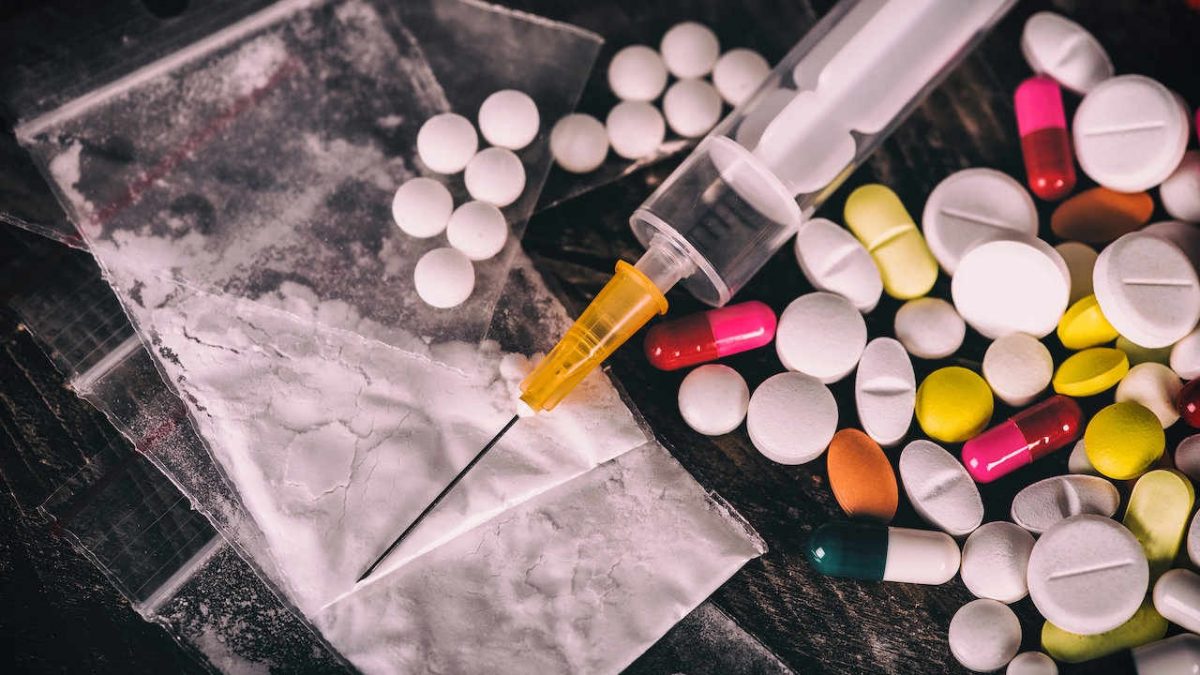Rattan Lal Kataria
Every year, the birth anniversary of Mahatma Gandhi is observed as National Anti-Drug Addiction Day to honour his commitment towards eradicating the menace of drug and substance abuse. Prime Minister Narendra Modi has also time and again highlighted the perils of substance abuse and stated that it is a dangerous disease which traps a person into a never-ending vicious cycle.
Unfortunately, this menace is on the rise as is evident from the findings of National Survey on Extent and Pattern of Substance Use.
Even after 73 years of independence, we frequently come across news reports of young college students getting addicted to drugs or police nabbing drug peddlers near schools. It is seen that addiction typically starts with alcohol, moves towards nicotine and 'ganja' and then graduates to hard substances like cocaine, MDME etc. The situation is grave and demands immediate attention.
I consider myself fortunate for having the opportunity to serve in a cause which is close to my heart. It is in this spirit that a concerted three-pronged attack in the form of Nasha Mukt Bharat Abhiyan (NMBA) under the visionary leadership of Prime Minister Modi has been launched on this multi-headed monster of drug abuse.
NMBA, which was launched on August 15, 2020, targets 272 districts which have been identified as most vulnerable based on rigorous inputs collected by the government. Considering the heightened adverse impact of drug abuse on youth, the focus of the Abhiyan is more on schools, higher education, institutions and university campuses.
Also, youth groups such as NSS, NYKS, NCC have been roped in to reach out to target population. The message of the Prime Minister that 'Drugs are not cool' is being effectively delivered through these channels.
I feel proud to announce that we have been able to provide community-based services for the identification, treatment and rehabilitation of addicts through voluntary organisations. The government is providing financial assistance to NGOs for running de-addiction centres.
A 24×7 National Toll Free Helpline has been instrumental, especially during the lockdown period, in providing help to victims of drug abuse, their families and society at large. Outreach and drop-in centres (ODIC) with provision of counseling, assessment, screening to provide safe and secure drop-in space for drug users are being developed.
Apart from these facilities, referral and linkage to rehabilitation and treatment services to work for various dependents will also be offered.
Taking cognisance of the fact that addressing the problem of drug abuse requires concerted action at different levels of the government, the ministry has asked the state governments to plan and take specific initiatives, taking into account their local considerations and devise specific and suitable strategies for drug demand reduction in their identified areas.
Accordingly, a decentralised monitoring mechanism in the form of district-level committees have been formed to maintain the pace and momentum of NMBA.
The commitment of the government towards eradicating this social evil is evident from the increased outlay of Rs 260 crore from a meagre Rs 49 crore in 2017-18. The ministry is implementing a comprehensive National Action Plan for Drug Demand Reduction for 2018-2025 to reduce drug abuse through multi-faceted approach of education, de-addiction and rehabilitation. With the programme picking up pace, the mission is gradually turning into a social movement involving youth and society at large.
I sincerely believe that with the hard work, commitment and concerted efforts of the government, society and voluntary organisations, we will be able to celebrate 'International Day Against Drug Abuse and Illicit Trafficking' on approaching June 26 in the right earnest and realise the vision of Mahatma Gandhi of a drug-free society in the coming years.
(Rattan Lal Kataria is Minister of State for Social Justice & Empowerment and Jal Shakti)




















